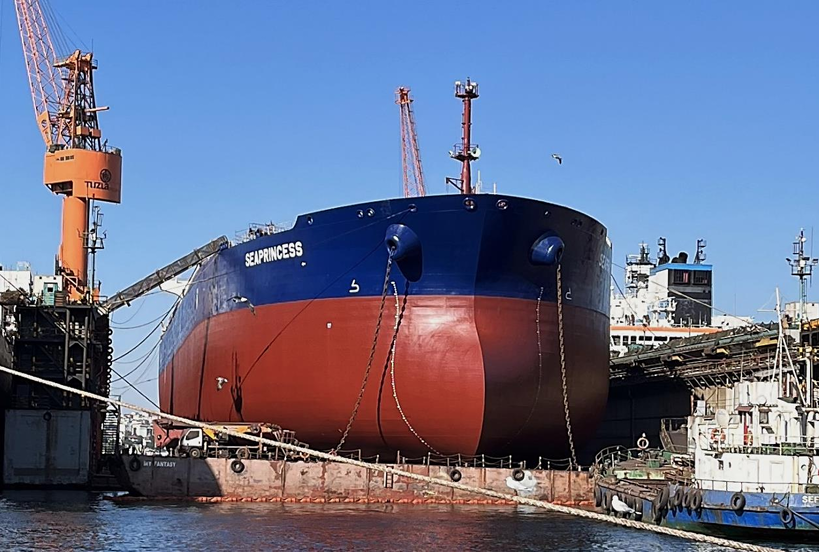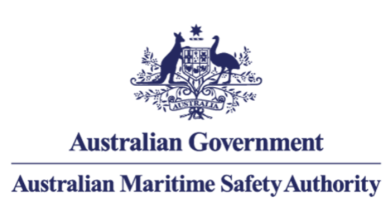
MGN 436 (M+F) Amendment 4 gives guidance for operators, managers, owners and builders of small vessels on mitigating the risk of injury from whole body vibration (WBV) on small vessels, and in particular severe and repeated shocks (RS) as a result of impacts.
There have been a number of incidents involving small craft, travelling at a wide range of speeds, receiving predominantly vertical shock impact when coming off a wave, resulting in injury to one or more persons on board. The effects of crossing seas and side-on waves can also cause injury. Incidents have occurred on inland waters and estuaries as well as at sea, Continue reading “Updated guidance for MGN 436 (M+F) issued by the MCA on mitigating against the effects of shocks and impacts on small vessels”










